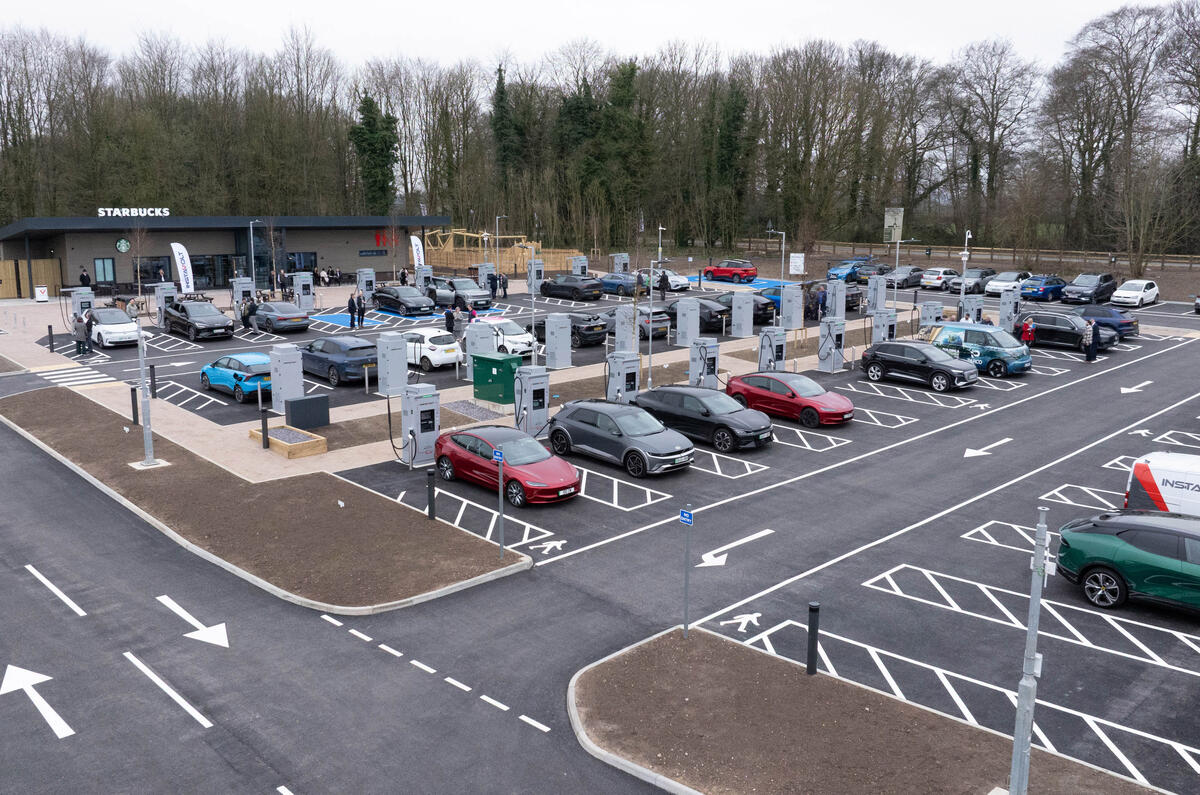The government has rejected suggestions that its new Electric Car Grant (ECG) unfairly offers public money to buyers who don’t need any extra encouragement to make the switch.
Private sales have typically made up only around one in five EV sales, and repeated calls for subsidies from the automotive industry since the introduction of the ZEV mandate last year have focused on helping stimulate sales in the private market if car makers are to keep up with the growth in electric vehicle sales that the mandate requires.
Meanwhile, fleet EV sales have long been incentivised through to favourable BIK tax rates that make them a financial no-brainer for a majority of company car buyers. These incentives have driven the majority of growth in the EV market to date.
However, the ECG, which offers banded grants of up to £3750 off the price of a new EV, is available to fleet buyers as well as private buyers, allowing public money to be used to help EV buyers effectively get extra financial relief from the government on a purchase they would probably make anyway.
“The government is committed to supporting all consumers who would like to purchase an electric vehicle, whether that’s privately or through financing arrangements such as leases,” said a Department of Transport (DfT) spokesperson in response to Autocar’s highlighting of this point.
It has emerged that the ECG has no minimum retention period after a customer has taken delivery of the car, potentially allowing them to flip the car for profit should a model be in demand and nearly new examples be selling close to or even above the cost of a new one.
The government considers this scenario “unlikely” but said that “should this kind of behaviour materialise, the government would act swiftly to prevent it”.
The DfT spokesperson also confirmed that dealers won't be able to pre-register EVs and get the ECG, as all grants are “only paid at the point a vehicle is delivered to a named customer”.
They also denied that requirements to access the ECG are discriminatory against car makers from certain countries or that it was designed to encourage more local manufacture of EVs.
Car makers will be able to request a review if they are initially denied being able to offer the ECG to buyers, they added.
The ECG’s qualification criteria is based on the emissions of a country rather than a car maker itself in its operations and manufacturing plant. This means that EVs and/or those with batteries made in the likes of China, South Korea and Japan will likely be excluded, as will those from Poland, due to these countries’ reliance on fossil fuels in their energy production.










Join the debate
Add your comment
I dont think there is any danger of anyone flipping a nearly new EV for a profit!